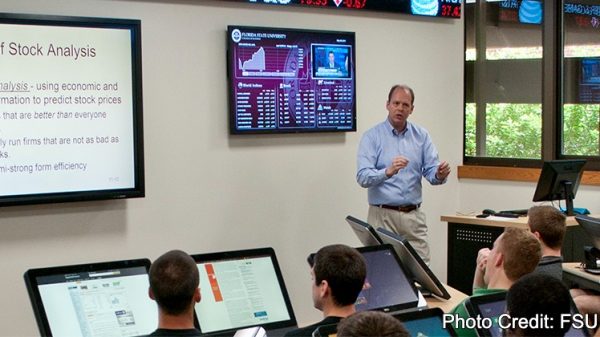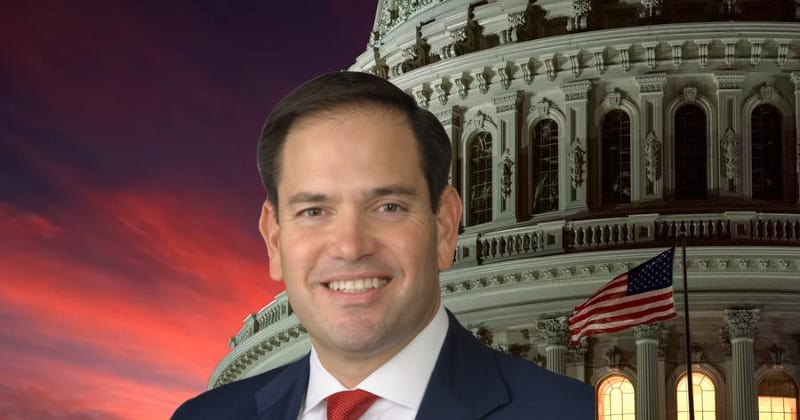By Johnny Kampis
The Federal Communications Commission (FCC) may try to use Section 706, a provision of the Telecommunications Act of 1996, to implement heavy-handed and unnecessary Title II regulations on the internet. However, a recent study posits that the FCC cannot invoke Section 706 to support plans to bring back Title II regulations on providers because the maneuver does nothing to remove barriers to entry in broadband markets.
The examination by Phoenix Center for Advanced Legal & Economic Public Policy Studies says that in Section 706, Congress tasked the FCC with removing barriers that would prevent the deployment of broadband in unserved areas in reasonable and timely fashion. Chief Economist George Ford says the language is clear in that “no other purpose justifies the use of Section 706.”
Ford points out that the notice of public rulemaking for Safeguarding and Securing the Open Internet in December 2023 makes no claim that Title II regulation removes such barriers, “and it would be nearly impossible to craft a plausible argument that it would.”
“In fact, the Commission’s justification for Title II regulation is to reduce the broadband providers’ degrees of freedom in maximizing profit, so the regulations at best are neutral and are more likely a barrier to network deployment in unserved areas,” Ford wrote.
When the FCC first implemented “net neutrality” under former chairman Tom Wheeler in 2015, the commission invoked Section 706. Subsequently, the Open Internet Order under former chairman Ajit Pai in 2017 eliminated the Title II regulations on providers.
In his study, Ford conducted a counterfactual analysis of FCC broadband data, finding that the application of Title II rules in 2015-2017 not only didn’t improve broadband deployment in unserved areas, but also may have slowed progress.
“Title II regulation, therefore, did not serve the sole aim of Section 706, and there is no reason to believe a second effort would do any better,” Ford wrote.
Section 706 also tasks government leaders with implementing “measures that promote competition in the local telecommunications market.” Adding regulations onto local markets has the opposite effect.
Ford argued that the powers-that-be should have “an honest conversation” on whether the goals of Section 706 (part of a now nearly 30-year-old law) are now being met. Most Americans now have access to broadband, and a plethora of state and federal funds are now being spent to close the gap. This includes the whopping $42.5 billion in the Broadband, Equity, Access and Deployment (BEAD) program.
“If ‘all Americans’ may obtain quality broadband services, then there is no economic basis for the Commission to invoke Section 706,” Ford wrote.
In comments to the FCC in its Safeguarding and Securing the Open Internet order, the Taxpayers Protection Alliance (TPA) wrote that the FCC made no compelling case why the rules are needed, calling the order a “misguided Title II quest.” TPA argued that, in fact, evidence showed that broadband has been deployed more quickly when the threats of increased regulations were not hanging over the heads of providers.
The commission would be better off letting Congress establish bipartisan rules to settle the issue that would hopefully drive investment, spur innovation, and benefit American consumers and taxpayers.
Johnny Kampis is Director of Telecom Policy for the Taxpayers Protection Alliance.
–















